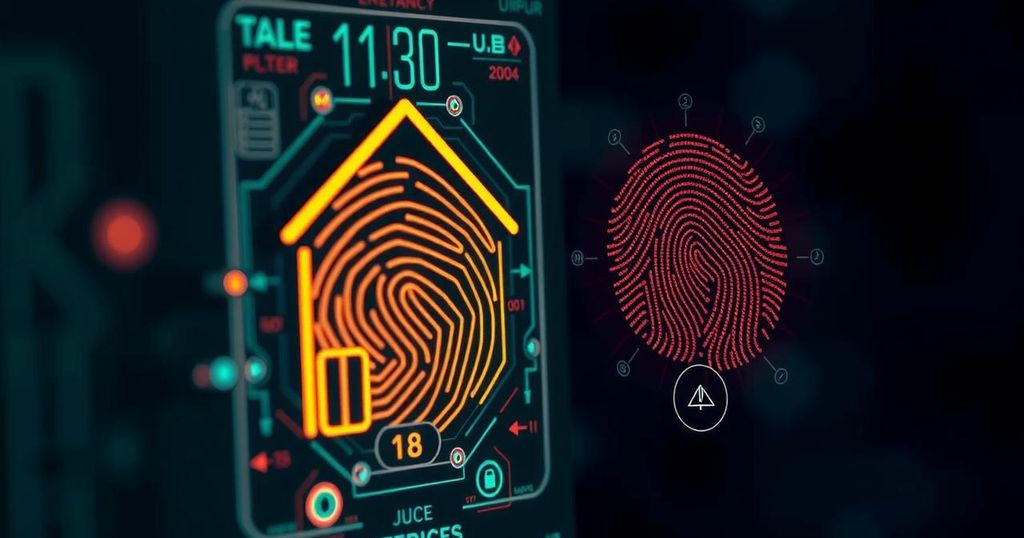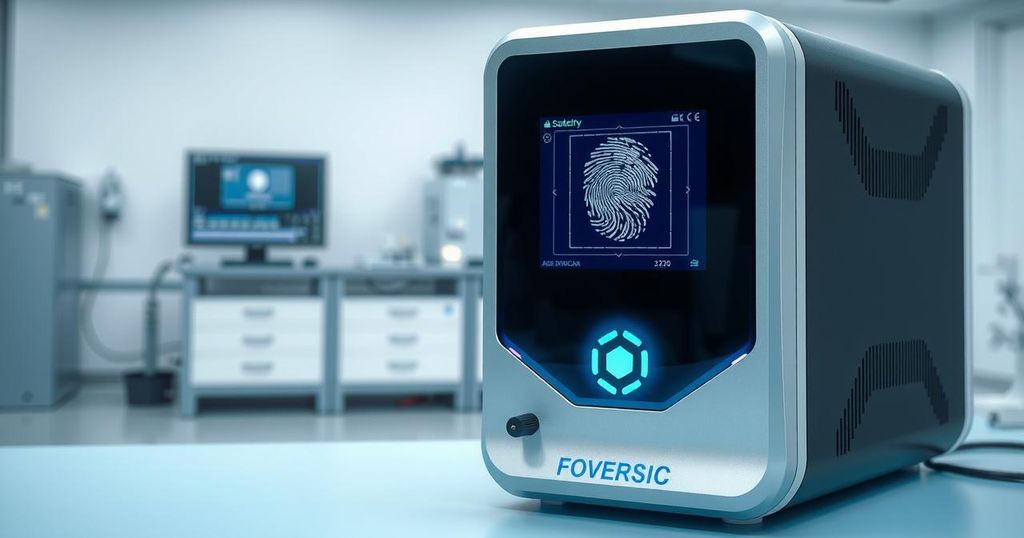The U.S. Department of Housing and Urban Development (HUD) is seeking vendors for a nationwide biometric fingerprinting services contract worth at least $25 million. The services will support personnel security processes by capturing biometrics from applicants and integrating them into HUD’s credentialing systems, USAccess and PerSIST. Vendors must comply with SWIFT and DCSA standards. The initiative will determine future procurement methods and may favor small businesses.
The U.S. Department of Housing and Urban Development (HUD) is actively seeking information for a nationwide biometric fingerprinting services contract, which it estimates will cost at least $25 million. This initiative is being conducted by HUD’s Personnel Security Division (PSD) as part of its efforts to enhance security protocols and improve personnel credentialing processes. The selected vendor will be responsible for capturing fingerprints once from applicants, transmitting the results to the Federal Bureau of Investigation and the Criminal Justice Information Service, and then reporting findings back to HUD. The captured biometric data will be integrated into HUD’s credentialing systems, namely USAccess and PerSIST. USAccess serves over 100 federal agencies by providing Personal Identity Verification (PIV) credentialing services, enabling secure updates across numerous locations nationwide. Meanwhile, PerSIST is designed to automate the tracking of personnel security investigations for HUD. It’s imperative that the vendor chosen meets specific compliance standards, being Secure Web Fingerprint Transmission (SWIFT) compliant and approved by the Defense Counterintelligence and Security Agency (DCSA). The SWFT program facilitates the submission of electronic fingerprints for personnel clearance investigations across cleared organizations listed within the National Industrial Security Program Database. HUD indicated that the outcomes of this market research might lead to negotiations favoring small businesses or a broader competitive procurement process. Currently, HUD is under a pilot program involving Field Print, LLC, which has been ongoing for two years and is set to expire in September 2025. In the first year, only 33 fingerprints were processed, but HUD anticipates needing around 200 fingerprints per year under the new contract framework. The contractor must ensure service locations are accessible across all 50 states and Puerto Rico.
The move by HUD to engage in biometric fingerprinting services reflects a growing trend in federal agencies to adopt advanced security measures to protect sensitive information and personnel data. Biometric identification is critical for reliable background checks and personnel verification, ensuring that only individuals with clearances can access secure facilities or information. The integration of these biometric systems into existing platforms like USAccess and PerSIST demonstrates HUD’s commitment to modernizing its personnel security processes. This integration is particularly important for agencies tasked with safeguarding public trust and sensitive data. The use of SWIFT to transmit fingerprint data securely highlights the need for stringent compliance and security protocols in government operations. Biometric services are increasingly being viewed as essential components of a comprehensive personnel security framework, especially in an environment where data privacy and security are paramount.
In conclusion, HUD’s initiative to procure biometric fingerprinting services represents a strategic move to enhance its personnel security protocols. By identifying vendors who can meet specific technical and compliance requirements, HUD aims to streamline the process of credentialing federal employees and ensure the integrity of its security measures. The outcome of this market research could significantly impact the landscape of biometric services utilized by federal agencies moving forward.
Original Source: www.biometricupdate.com






